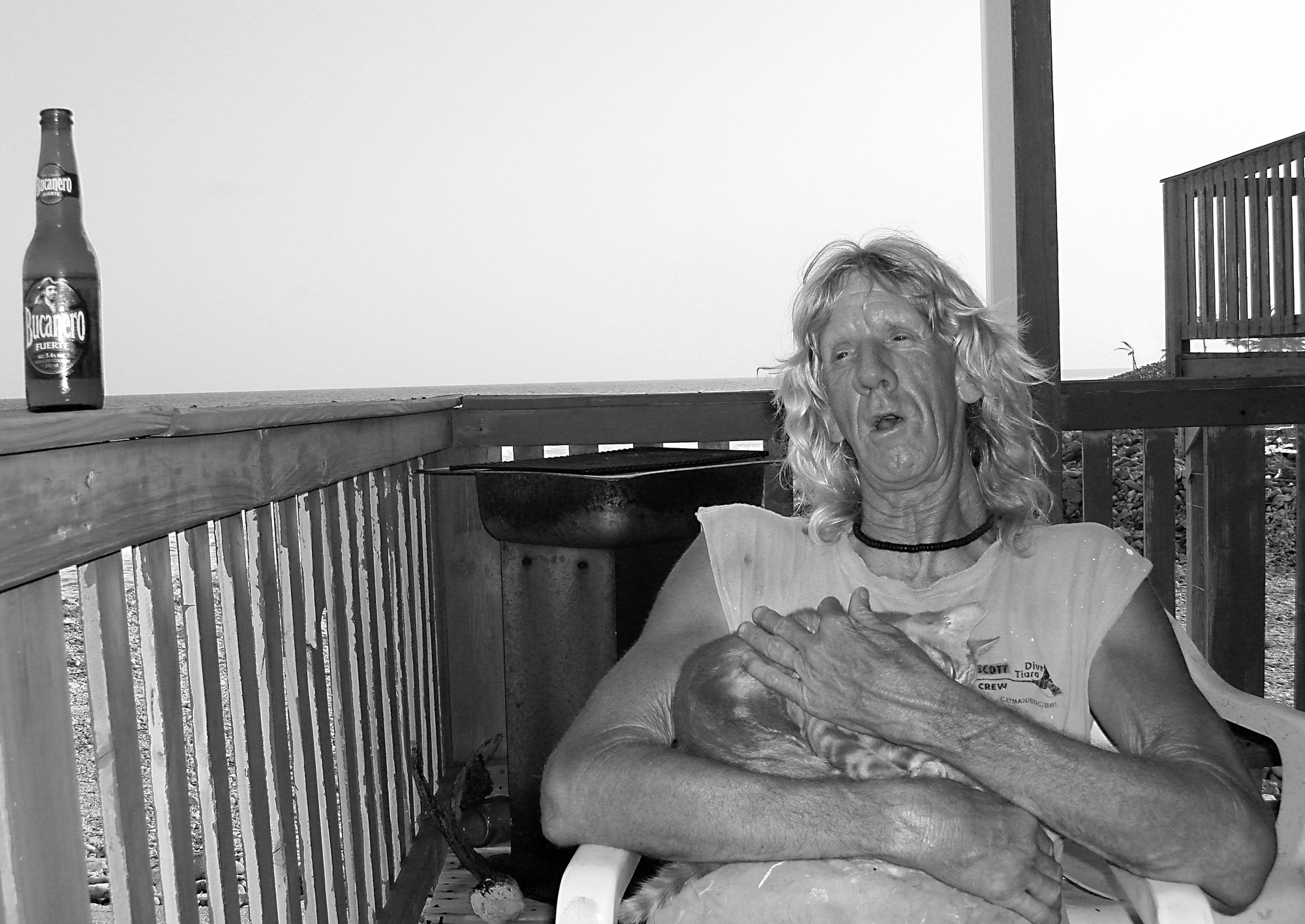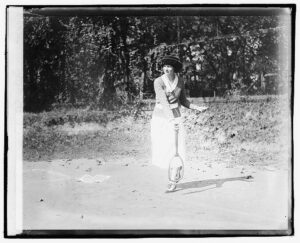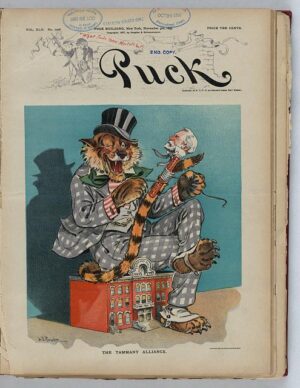Southern Legitimacy Statement: If you hold your fingers over the eyes of your imagination and squint real hard, you can easily mistake a dead moose for a dead mule and Newfoundland for the South. I agree with Kurt Vonnegut that our purpose in life is to fart around.
Night Time in Newfoundland
I woke up on my back in a parking lot in St. John’s, Newfoundland. I heard a sound like rustling paper, opened my eyes and saw a car gliding over the asphalt past my feet.
I remembered leaving the bar on Water Street when it closed at one-thirty and walking up the hill. A dim light on a pole illuminated ranks of white lines on the newly paved parking lot in front of my motel. When I lay down on my back and closed my eyes, I could feel the heat radiating from the pavement.
I’d arrived in St. John’s two weeks earlier from Toronto. I’d saved some money and figured I’d find a cheap place to live in Newfoundland, where I could finish writing a novel that I’d started about a year earlier. But I hadn’t found anyplace cheaper than the motel, and the rent here was as high as the rent I’d paid in Toronto. In another two weeks, I’d run out of money.
To impose some order on my life, I followed the same routine every day. In the morning I ate breakfast at the small restaurant next to the motel. Returning to my room, I sat dutifully at my typewriter and thought of ways that I could push the story forward. So far, my main character, a fifteen-year-old fatherless boy named Artie Waverly, had run away from home while his mother was having sex in her bedroom with a stranger. His father had left the family when Artie was five. When he was ten, his father showed up once to see him, but his mother sent Artie to his room and told his father to go away. That was my story, too, although I thought the sex would make it less obvious.
I persevered every morning with this preposterous story, but I knew as little about Artie as I did about myself, and my imagination could hardly compensate for my ignorance and self-doubt. By noon, feeling disappointed, bored, hopeless and frustrated, I left the room and walked downtown, where I withdrew a few dollars from a savings account that I’d opened at a bank and wandered up and down the hilly streets. I stopped occasionally to look in a shop window, but I couldn’t afford to buy anything. Most days I walked to the top of Signal Hill and looked across the harbor at the ships and the ice floes.
In two weeks, I’d talked to only three people: the woman who ran the motel, who had lustrous shoulder-length black hair, a warm smile and such bad arthritis in her pink-slippered feet that she had to cling for dear life to the banister when she went up and down the stairs; an attractive teller at the bank who had seemed pleased to see me until the day when I scribbled a note on the back of my withdrawal slip asking her for a date and realized as I slid it across the counter that she thought I intended to rob her; and the bartender at the dive where I went every night on Water Street, who greeted me with a can of Newcastle Brown Ale but walked away after we’d exchanged a couple of sentences about the weather, even when I was the only customer in the place. I didn’t blame him for keeping his distance. It must have been apparent to him that I wanted more from men than they could ever give to me. Most of all I wanted their forgiveness for abandoning my father.
As the nights went by, I recognized a few familiar faces in the bar. Most people arrived as part of a group that didn’t invite the intrusion of strangers, but I felt comforted by the sound of their voices, even if their words weren’t directed at me. In a dark corner of the room, a solitary old man took the same seat every night. He had a weathered face, thinning grey hair and sunken cheeks peppered with whiskers. Wearing baggy jeans held up with suspenders over his plaid shirt, he sat for about two hours with a pitcher of draft beer, smoking cigarettes, watching the customers and glancing at the TV behind the bar. I’d nodded to him once or twice on my way to the washroom, but I respected his solitude and I didn’t expect a response. It hadn’t occurred to me yet that a man so old could feel as lonely as I did or that loneliness like a cough or a rash could be a symptom of a more malignant condition.
Two nights ago, as I passed his table on my way back to the bar, he spoke. “Here’s to yah, bud,” he said, and he raised his glass.
“You, too,” I said. It was after nine o’clock, and I noticed his pitcher was almost empty.
A few minutes later, he hovered beside me at the bar. “Newcastle,” he said. “I can’t afford that stuff.”
He raised his hand to catch the bartender’s attention. “Gimme a draft, Kevin,” he said.
He might have sensed that I felt happy to have someone to talk to. He seemed tolerant and forgiving enough, and when he invited me to his home a block away from the bar to play checkers, I didn’t hesitate to go with him. We sat across the board at his kitchen table, rolling cigarettes and drinking more beer. He ordered a pizza. He said he’d grown up in Joe Batt’s Arm and worked for years on cod-fishing boats. Now he was retired, he said, and he didn’t do much of anything. I explained that I’d come to St. John’s to write a book. When we finished the pizza, I said goodbye and went back to my motel.
The next night, another stranger sat down beside me at the bar and started to talk. Overnight, it seemed, I’d become more popular. This one had dark hair and horn-rimmed glasses, like Clark Kent, and he looked about the same age as me. When I told him I’d come to the city to write a book, he said he’d just published one. Now he’d received a government grant to promote it. He was on his way tomorrow to deliver a reading in Port aux Basques.
Even though most of our conversation was no more than drunken bullshit, I felt relieved to share my thoughts with someone who knew how it felt to write a story. When he suggested that we go meet some women, I felt swept up by his enthusiasm. We walked out of the bar, watched by the old man in the plaid shirt, and drove around the city, ending the evening with two nursing students at their apartment near the university. I thought of William Saroyan and had the time of my life.
The next day, in my story, Artie Waverly stole a Chevrolet convertible, collided with a parked car and hid from the police in the basement of a funeral parlor, where he found refuge in a satin-lined coffin. I left him there before noon and went to the payphone in the motel lobby, then remembered that my new writer friend had set out on his book tour. I hadn’t thought to write down the phone number of the nursing student who’d shared her couch with me, and I couldn’t remember her name. I didn’t feel too concerned, though. I just wanted to guide Artie through his final adventure before I ran out of money and went home.
That evening I sat at the bar and had started pouring a can of Newcastle into a glass when the old man in the plaid shirt stormed out of the shadows to confront me. Visibly angry, he accused me of misrepresenting myself and said I’d abused his friendship. “I thought better of you,” he said, and he walked out.
I felt embarrassed by the confrontation and momentarily guilty for the way I’d spent the previous night. I tried to convince myself that I was free to make my own decisions and choose my own friends; that his expectations of loyalty seemed disproportionate to our mutual investment in a night of checkers, blather and pizza; that I hadn’t taken advantage of his companionship or deceived him into thinking that we’d formed a bond that excluded all other possibilities of friendship. And yet I felt that I’d abandoned him in the same way as I’d abandoned my father. I’d committed an act of psychic betrayal and indulged myself at the expense of his trust.
I walked back to the motel and lay down on the warm asphalt. I closed my eyes. A breeze blew the sky across my face like black satin.
The asphalt felt colder when I woke up and the parking lot was no longer empty. A pick-up truck was parked a couple of spots to my left and a beat-up Buick Cutlass sat in the spot behind my head. I wondered if the drivers had seen me or if I’d just been lucky.
At the end of the month I left Newfoundland on a coastal ferry with the story of Artie Waverly in a brown manila envelope. “At the time I didn’t care one way or another,” he says at the end of his story. “It’s the memory of all this that’s the problem. Now I feel like I should have cared and there’s no way back.”
I can see Artie now, sitting in a dark corner of a seedy bar, suspenders over his plaid shirt, waiting for a stranger who will listen to the same old story and forgive him.







